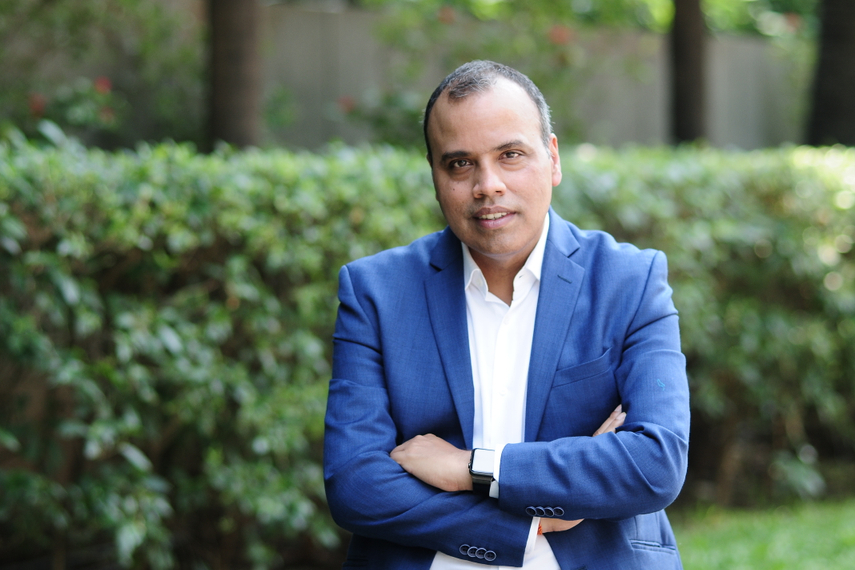
Please sign in or register
Existing users sign in here
Having trouble signing in?
Contact Customer Support at
[email protected]
or call+91 22 69489600
The outgoing chairman and CEO of Havas Group, Southeast Asia, India and North Asia, speaks with Campaign India about his advertising career, setting up the media unit at the agency, ageism and more...

Contact Customer Support at
[email protected]
or call+91 22 69489600
Top news, insights and analysis every weekday
Sign up for Campaign Bulletins
The AI-generated multilingual campaign promotes its flexible term plan, Flexi Shield.
The company hosted an immersive event designed as a sensorial environment, featuring large-scale installations, tasting zones inspired by Indian tea and coffee rituals, and creator-led spaces.
This planned leadership transition is aligned with Flutter Entertainment’s Asia Pacific strategy.
This partnership will allow CloudTV to strengthen its FAST channel offering with culturally themed and mythology-led programming.